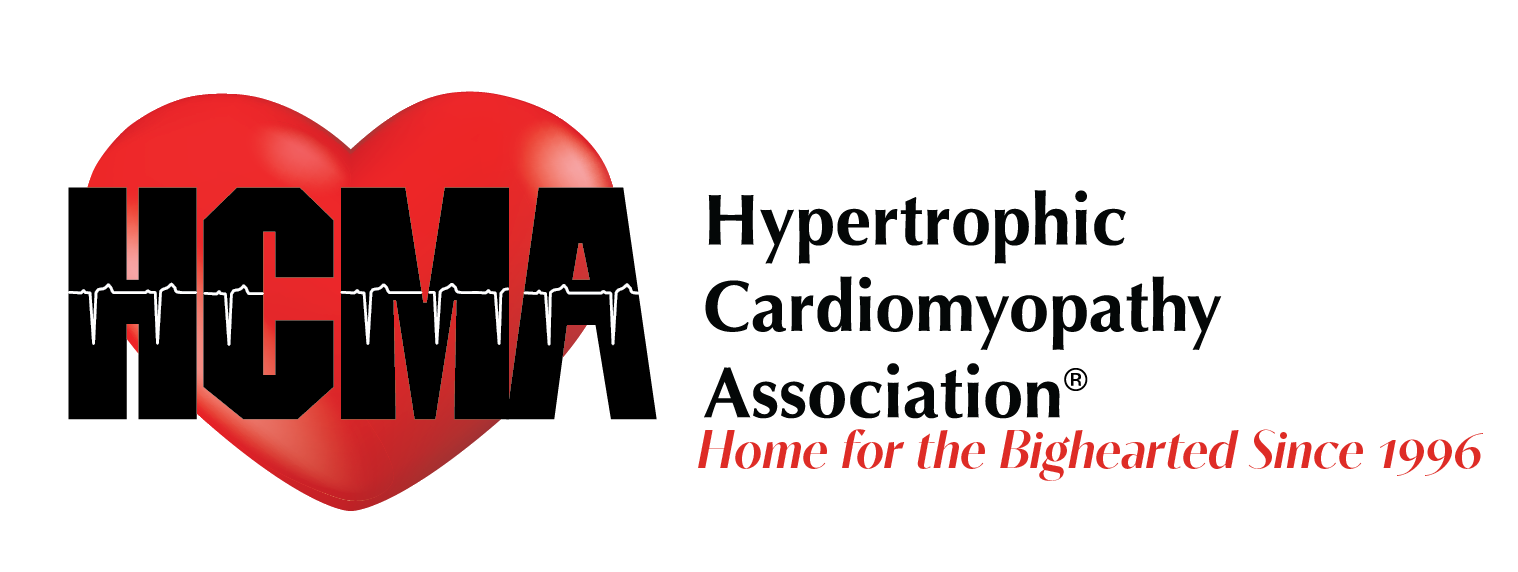ross • November 22, 2021
ICER Publishes Final Evidence Report and Policy Recommendations on Mavacamten for Hypertrophic Cardiomyopathy
ICER has released its evidence report and recommendations.
Here is a list of highlights:

- All stakeholders have a responsibility to facilitate meaningful patient access to multidisciplinary centers of excellence for HCM in ways that do not exacerbate disparities.
- The manufacturer of mavacamten should commit to sponsoring research that will address the lack of evidence on the comparative effectiveness of mavacamten versus disopyramide and septal reduction procedures.
- The manufacturer should align the price of mavacamten with the explicit and transparent estimates of its treatment benefits for patients and families. Pricing should also be moderated to reflect the uncertainty about longer-term safety until such time as further outcomes data are generated.
- Post-approval clinical registries should be established to detect rare side effects as well as assess the efficacy of mavacamten in more diverse populations.
- Payers should use the FDA label as the guide to coverage policy and engage clinical experts and diverse patient representatives in considering how to address coverage issues for which there is limited or no evidence at the current time.
To read the entire report click here

 Translate
Translate


